James Keir Hardie was Great Britain’s first Labour Party representative in Parliament.
He was born on August 15, 1856 in Newhouse, Scotland. His family was extremely poor, and Hardie had to work even as a child, taking a job in a coal mine when he was just 11. Self taught, he didn’t learn to read and write until he was 17.
Hardie displayed a deep understanding of the plight of workers right from a young age. At the time, laborers were poorly represented and unprotected. He joined the unions and organized his first strikes in Lanarkshire, Scotland in 1880.
At 30, he became secretary of the Scottish Miner’s Federation. The following year he founded a newspaper, The Miner.
He espoused the principals of Labourism, a political current that united unionism, moderate socialism, and a liberal vision of government. In 1888 he decided to run as an independent Labour candidate, but didn’t receive enough votes to become a deputy.
Four years later, Hardie ran again. This time, thanks to the support of the Liberal Party, he became the first Labour candidate to obtain a seat in the British Parliament.
He attended his first session of Parliament on August 3, 1892, shocking other members when he showed up wearing worker’s clothes.
Hardie doggedly advanced his ideas, promoting issues like free education, the right to a pension, and taxes proportionate to one’s income.
He also supported women’s right to vote, abolishing the House of Lords, and India’s independence movement. He spoke out against Royal Family privileges on more than one occasion, provoking fierce criticism from the press. Beginning in the 1900s, Hardie promoted the creation of the Labour Representation Party, birthplace of the future British Labour Party.
The committee’s goal was to unite Great Britain’s diverse socialist, labor and unionist groups under one flag.
Thanks to his passionate defense of workers, Hardie received a lot of support from the working classes. During the 1906 election, the Committee made history, putting 29 Labour members in Parliament. Before long, Hardie became disgusted by infighting within his own party. He resigned from the presidency in 1908 and dedicated himself to promoting women’s suffrage.
But his personal commitment to the Labour Party continued unabated, and he stood out for the pacifist position he took concerning the First World War.
Hardie suffered numerous heart attacks, finally succumbing in Glasgow on September 26, 1915. He was 59.
He was born on August 15, 1856 in Newhouse, Scotland. His family was extremely poor, and Hardie had to work even as a child, taking a job in a coal mine when he was just 11. Self taught, he didn’t learn to read and write until he was 17.
Hardie displayed a deep understanding of the plight of workers right from a young age. At the time, laborers were poorly represented and unprotected. He joined the unions and organized his first strikes in Lanarkshire, Scotland in 1880.
At 30, he became secretary of the Scottish Miner’s Federation. The following year he founded a newspaper, The Miner.
He espoused the principals of Labourism, a political current that united unionism, moderate socialism, and a liberal vision of government. In 1888 he decided to run as an independent Labour candidate, but didn’t receive enough votes to become a deputy.
Four years later, Hardie ran again. This time, thanks to the support of the Liberal Party, he became the first Labour candidate to obtain a seat in the British Parliament.
He attended his first session of Parliament on August 3, 1892, shocking other members when he showed up wearing worker’s clothes.
Hardie doggedly advanced his ideas, promoting issues like free education, the right to a pension, and taxes proportionate to one’s income.
He also supported women’s right to vote, abolishing the House of Lords, and India’s independence movement. He spoke out against Royal Family privileges on more than one occasion, provoking fierce criticism from the press. Beginning in the 1900s, Hardie promoted the creation of the Labour Representation Party, birthplace of the future British Labour Party.
The committee’s goal was to unite Great Britain’s diverse socialist, labor and unionist groups under one flag.
Thanks to his passionate defense of workers, Hardie received a lot of support from the working classes. During the 1906 election, the Committee made history, putting 29 Labour members in Parliament. Before long, Hardie became disgusted by infighting within his own party. He resigned from the presidency in 1908 and dedicated himself to promoting women’s suffrage.
But his personal commitment to the Labour Party continued unabated, and he stood out for the pacifist position he took concerning the First World War.
Hardie suffered numerous heart attacks, finally succumbing in Glasgow on September 26, 1915. He was 59.
RELATED


FRANCISCO PIZARRO
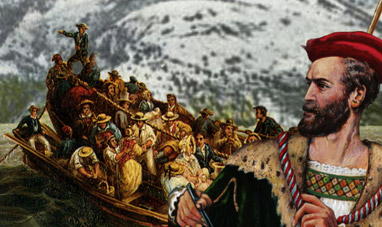

JACQUES CARTIER


CLEOPATRA


GORDON ARNOLD LONSDALE


ROSENBERGS, THE
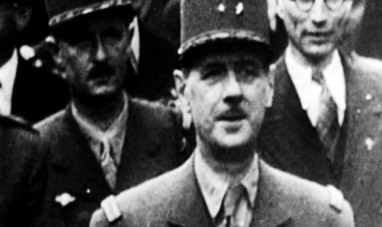

CHARLES DE GAULLE
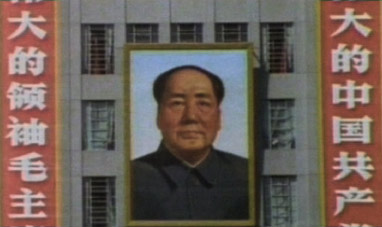

MAO ZEDONG
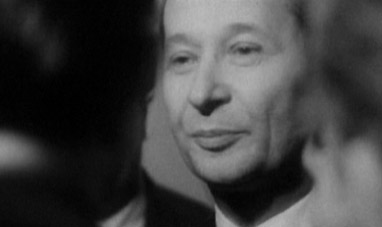

ALEXANDER DUBCEK
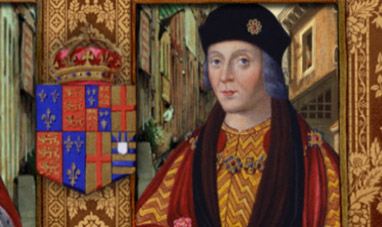

HENRY VII


MATTHEW C. PERRY
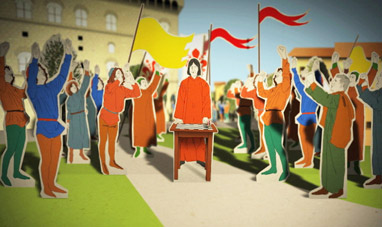

LORENZO DE' MEDICI
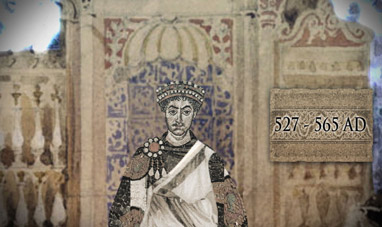

JUSTINIAN I


NELSON MANDELA
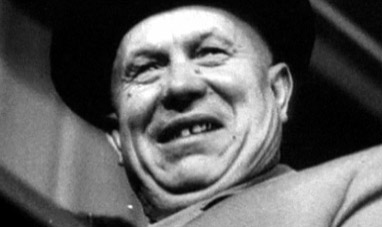

NIKITA KHRUSHCHEV


BARTOLOMEU DIAS


RICHARD III
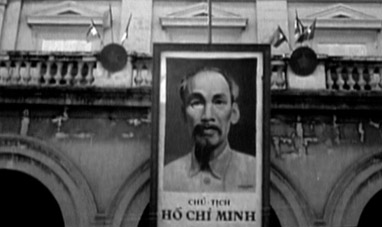

HO CHI MINH


ABBAS I THE GREAT
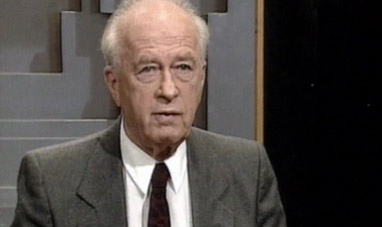

YITZHAK RABIN
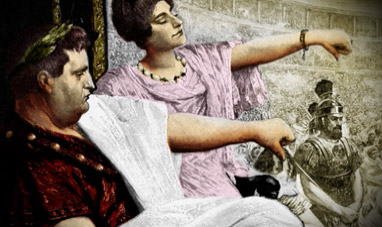

NERO
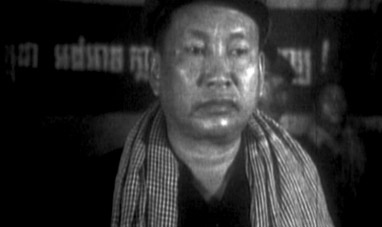

POL POT


JOHN CABOT
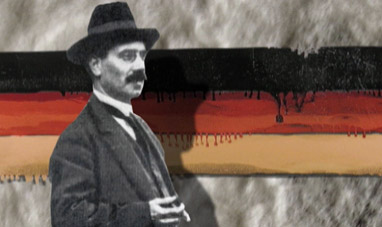

KARL LIEBKNECHT


CHE GUEVARA
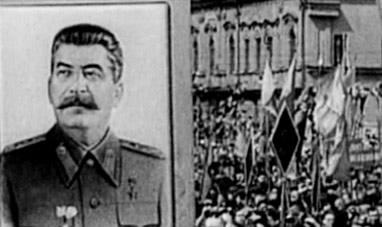

STALIN
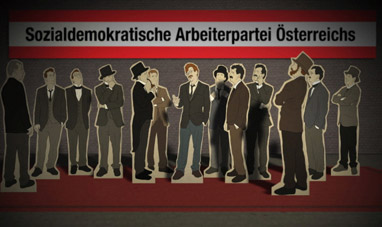

VIKTOR ADLER


KIM PHILBY
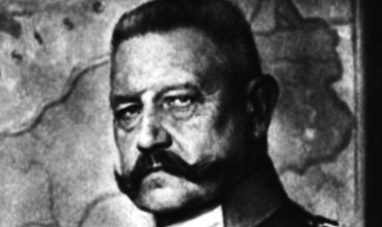

PAUL VON HINDENBURG
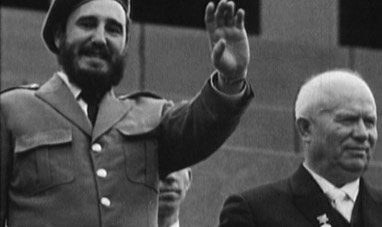

FIDEL CASTRO


FRANCIS DRAKE
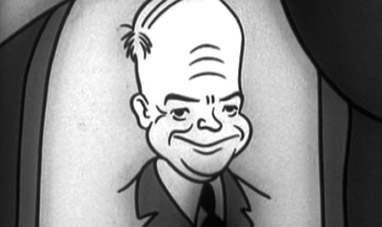

DWIGHT EISENHOWER


JULIUS CAESAR
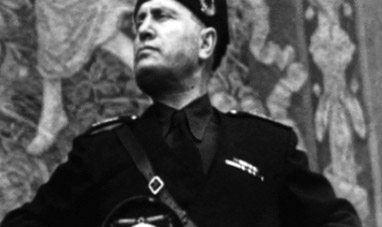

BENITO MUSSOLINI


KOFI ANNAN
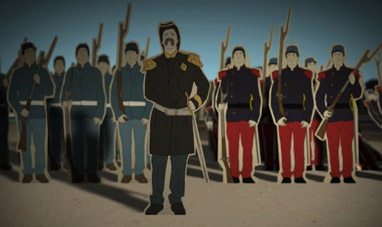

PATRICE DE MAC-MAHON


LUCREZIA BORGIA
